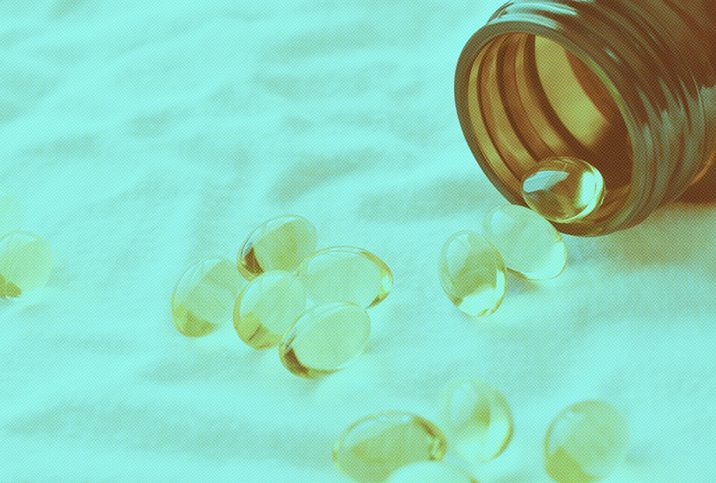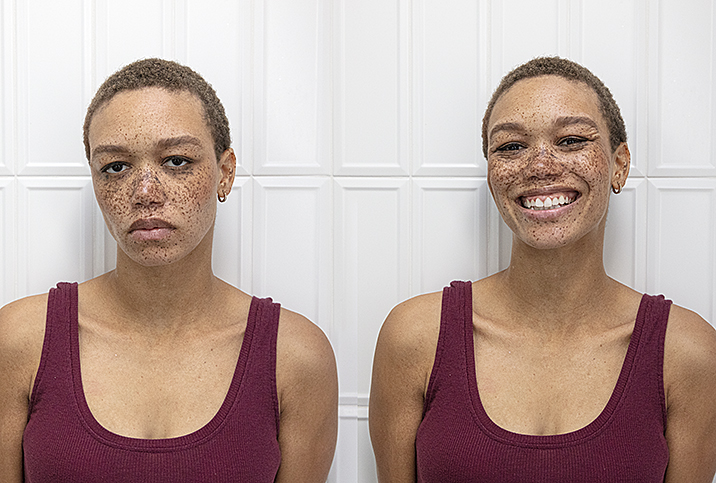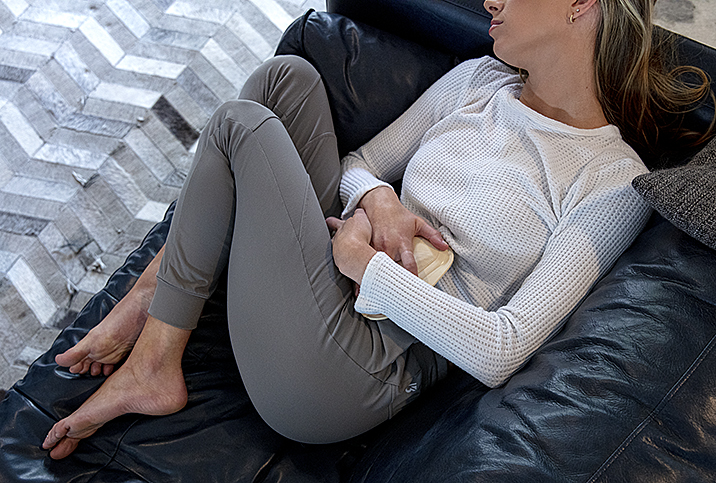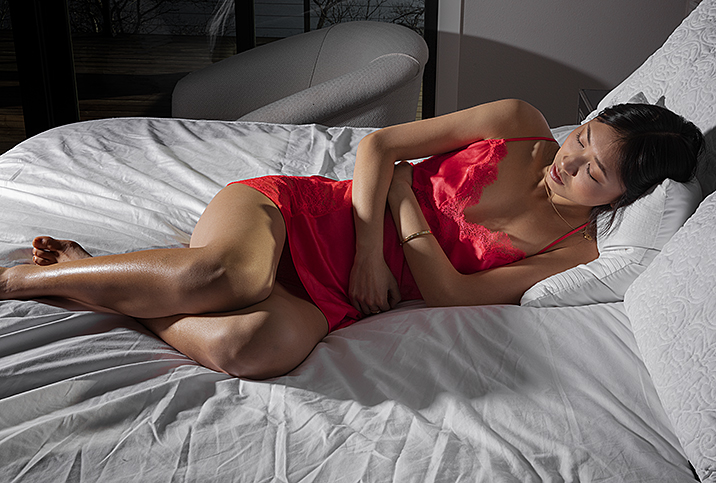Treating PMS With Herbal Remedies

Most women experience some form of premenstrual syndrome (PMS). Bloating, mood swings and headaches are all symptoms that can occur a week or two before menstruation. For some women, PMS can be debilitating, and some women who experience severe symptoms may have premenstrual dysphoric disorder.
There are a variety of treatments available, and no single treatment is recognized as universally effective for PMS. Many women are turning to alternative options, such as herbal supplements, which some research shows can be an effective treatment.
Some of the most common herbal supplements used to treat premenstrual syndrome are evening primrose, ginkgo biloba, St. John's wort and chasteberry.
Evening primrose
Evening primrose is a plant with yellow flowers native to the Americas. The oil from the primrose seeds contains GLA, an omega-6 fatty acid. Evening primrose is taken orally, typically as a soft gel or oil. Historically, the seed oil has been used in traditional herbal medicine and is commonly used to treat PMS symptoms, as well as a variety of other conditions.
Current evidence that evening primrose oil reduces premenstrual syndrome symptoms is limited. In one study that looked at the relationship between the consumption of evening primrose oil and its effect on reducing PMS symptoms, the results indicated the improvement women experienced could be attributed to a placebo effect. Other research has found that the oil has to be used for four to six months for any benefit or symptom reduction to occur.
While evening primrose is generally safe, potential side effects include headache, upset stomach and nausea.
Ginkgo biloba
Ginkgo biloba is one of the most popular herbal supplements, with roots in traditional Chinese medicine. The herb comes from ginkgo trees, some of the oldest tree species worldwide. Most extracts are made from the fan-shaped leaves of the trees. Ginkgo has been used historically to treat a variety of conditions, including premenstrual syndrome.
Some research investigating the effect of ginkgo biloba on PMS has found that patients taking ginkgo have a significant decrease in the severity of symptoms. In particular, the herbal remedy has been found to be most effective against the congestive and neuropsychological symptoms of premenstrual syndrome, such as breast pain and depression.
Ingesting ginkgo biloba can induce side effects such as upset stomach, dizziness, increased heartbeat and skin allergic reactions (particularly in those with sensitivity to poison ivy).
St. John's wort
St. John's wort is a European plant with yellow, star-shaped flowers, with use dating back to the ancient Greeks. In herbal medicine, it has been used to treat a variety of conditions, ranging from insomnia and depression to PMS, and as a wound-healing aid.
There is very little research on the effectiveness of St. John's wort in treating premenstrual syndrome symptoms. So far, the research done has shown that St. John's wort might be effective in treating pain and mood-related PMS symptoms. However, in another study, women using St. John's wort had no benefit from treatment with the herb. Side effects of St. John's wort include anxiety, dizziness, upset stomach, dry mouth and insomnia.
Chasteberry
Chasteberry—also known aspoor man's lilac, monk pepper and, more commonly, vitex—has shown to be one of the most effective and well-tolerated herbal treatments for mild to moderate PMS symptoms. The herbal supplement comes from the fruit of a chaste tree and is taken orally.
Today, chasteberry is commonly used in the treatment of the physical and psychological symptoms of premenstrual syndrome. In a review of six studies investigating PMS and related disorders, vitex was shown to improve and alleviate symptoms in the majority of cases.
Chasteberry contains compounds that have been shown to improve mild to moderate breast pain, and is considered the go-to herb for women suffering with breast pain or tenderness. In one study following women over three menstrual cycles, vitex was found to help improve and alleviate mood swings, headaches, bloating, depression and painful cramps.
The compounds in vitex bond to dopamine receptors in the brain, which effectively lowers prolactin, the protein best known for its role in breast milk production. When prolactin is high in women who are not pregnant or who have not just given birth, it can cause problems such as vaginal dryness, irregular periods and low libido. Since chasteberry lowers prolactin, taking the supplement has been shown to help ease, and in some cases eliminate, some of these symptoms.
Chasteberry is generally safe, but possible side effects include nausea, upset stomach, rash, insomnia, weight gain and acne.
Things to consider
The herbal supplements mentioned here are a few of the most popular for treating PMS symptoms. If you are looking for relief from premenstrual syndrome and want to use herbal supplements as a treatment, be sure to talk with your doctor first.
Some herbal supplements can interact in dangerous, sometimes life-threatening ways when combined with various medications, so it's always a good idea to speak with a medical professional and make sure the treatment is right for you.


















